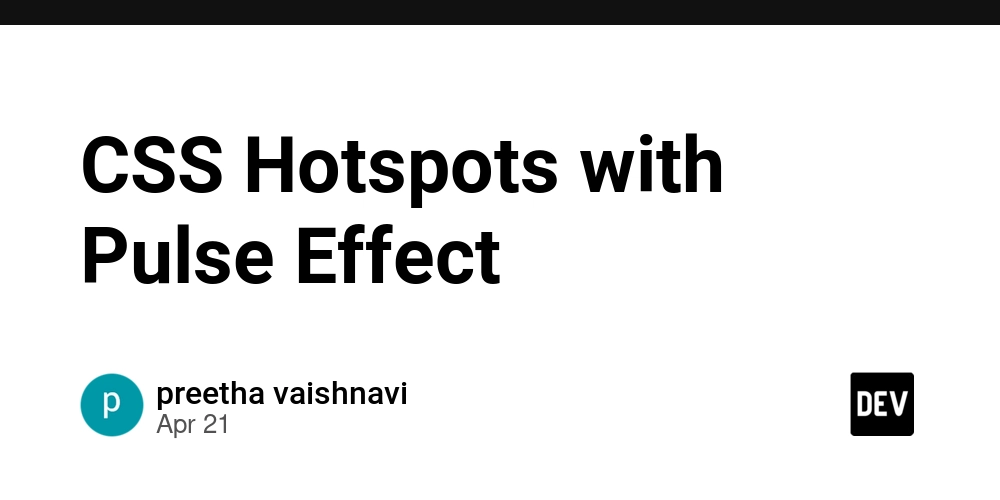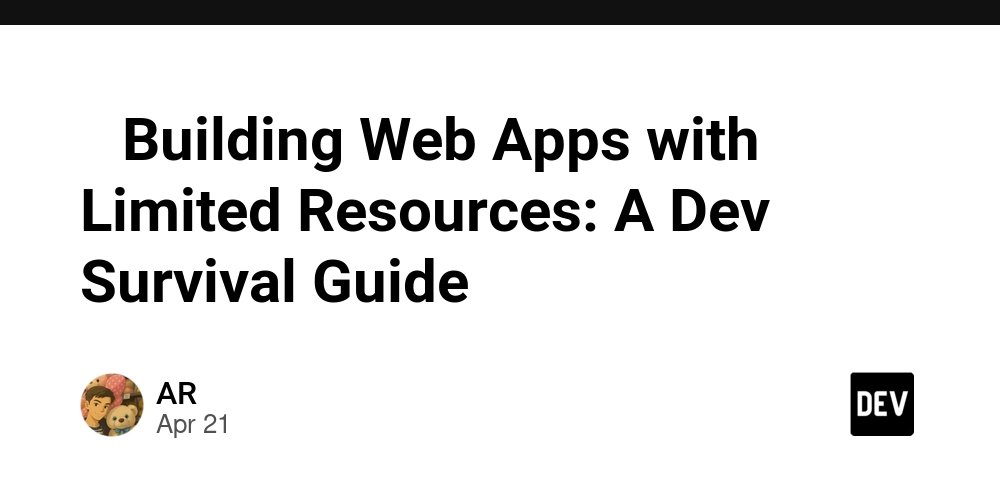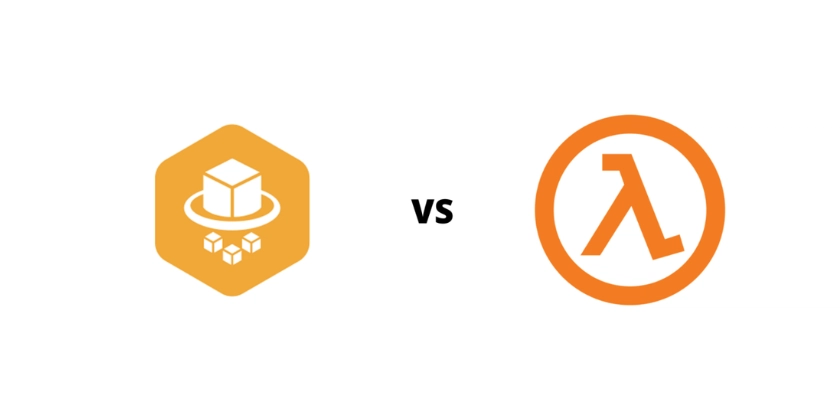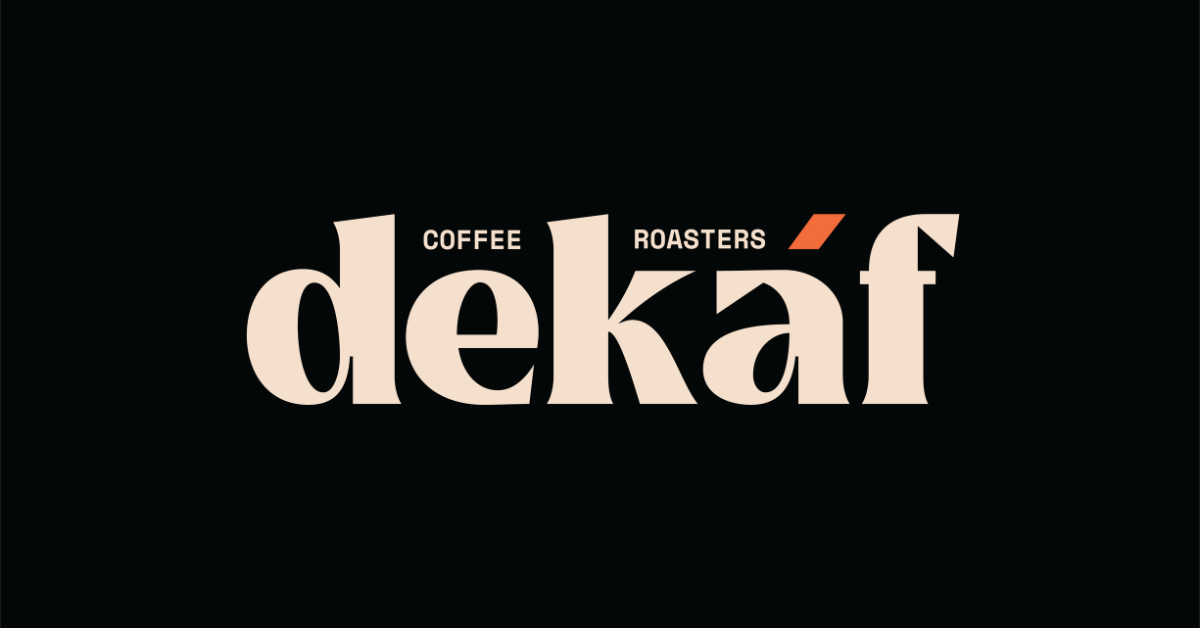Now there's an AI that can write and assemble visa applications for immigration lawyers
Parley is wooing and winning over immigration lawyers with software that helps them draft and submit visa applications faster.
Getty Images; Chelsea Jia Feng/BI
- Parley uses AI to streamline visa applications for immigration lawyers and paralegals.
- The platform helps lawyers draft and submit applications faster, easing their workload.
- Parley has gained traction amid increased scrutiny and directives affecting immigration processes.
While working as a LinkedIn product manager, Philip Smart saw the opportunity of AI to solve problems in an industry close to his heart: immigration. Smart's father has worked as an immigration attorney for 25 years.
That insight became the legal tech startup Parley, which is wooing and winning over lawyers and paralegals with software that helps them draft and submit visa applications faster.
When developing Parley, Smart pictured his father's desk. "You see these applications that are all printed out, stacks of paper, and you have to diligently put it all together," Smart said. "We felt like that was a great use case and something we could help with."
Parley's platform allows an attorney to upload documents such as a client's resume, college transcript, and job offer letter. It then assembles this evidence to draft an attorney's letter confirming the applicant's eligibility for a work visa.
Smart said its platform has been adopted by a range of law firms, from solo practitioners to large shops with dozens of legal professionals, such as Erickson Immigration Group in Virginia and Murthy Law Firm in Maryland.
Last week, the startup released a product for filing E-2 visas for investors, which means Parley's platform now covers most of the alphabet soup of work visas. It plans to roll out soon a product aimed at "requests for evidence," which the government issues and can cause delays or even lead to visa denials.
To date, Parley has raised a small seed round of funding from Y Combinator, a San Francisco investment firm that gives very young companies some money and a network in exchange for equity.
Tech investors are swooning at the promise of artificial intelligence to shake up the business of law and the profession itself. PitchBook data shows that legal tech startups took in $2.6 billion in equity funding in 2024, up from less than $1 billion the previous year. Immigration has emerged as a hot spot for founders, with its high volume of simple or routine tasks. The startups Casium and Glade Ai are also working on AI for visa filings.
'It's not easy to be an immigration lawyer'
Parley comes to market as the ground shifts beneath high-skilled immigrants and the lawyers who advise them. Parley
Immigration lawyers are used to the long, complicated, and often tedious process of applying for a visa. Now, they're juggling new directives that create fear and increase scrutiny for their clients. The executive orders that have come down have called for stricter "enhanced vetting" of visa applicants and those already in the country.
Additionally, President Donald Trump has directed the Justice Department to seek sanctions against law firms that bring immigration lawsuits and other cases against the government that he deems unethical.
"It's not easy to be an immigration lawyer right now," Smart told Business Insider.
Smart thinks Parley can ease some of the strain. He said lawyers using Parley still work with their clients and teams of associates to craft each applicant's strategy. Parley helps by fleshing out the argument and offering feedback on where it falls short of certain criteria.
The platform also organizes an applicant's documents into a logical sequence and enables the exhibits to be exported as a single PDF, saving an attorney hours in Adobe Acrobat.
Smart lights up sharing customer stories. He said one law firm has been able to take on more clients because of Parley's time savings and even doubled its revenue over the past year. Those lawyers get to spend more time on growing their client base and working on case strategy, Smart said, instead of getting bogged down by paperwork.
There's a debate raging in the legal industry over artificial intelligence's potential to improve productivity and cut billable hours. Smart seems unperturbed. In immigration law, many attorneys, especially for standard services like visa applications, charge a flat fee rather than an hourly rate.
"It's one of the reasons we started with immigration and one of the reasons that we've seen quick adoption," Smart said.
"As an immigration firm, if you're charging a flat fee for a visa application that you're providing if you can do that faster and then be able to do even more of those applications, that's a really exciting premise for your firm."
Have a tip? Contact the reporter via email at mrussell@businessinsider.com or Signal at @MeliaRussell.01. Use a personal email address and a nonwork device; here's our guide to sharing information securely.








































































